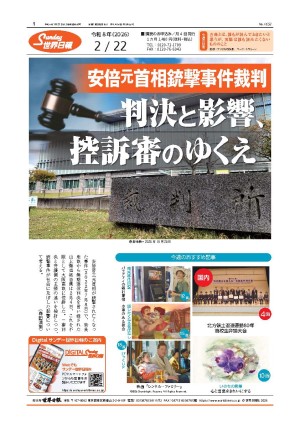糖尿病患者、費用理由に治療薬服用せず Study: Diabetics not taking medications due to costs
米国人成人の10人に1人が糖尿病と診断され、そのうちの13%以上は、高い費用を理由に、処方された通りに治療薬を服用していないことが、連邦医療機関の調査で明らかになった。
疾病対策センター(CDC)は21日に公表した資料で「糖尿病にかかっている成人は、かかっていない人に比べて、処方薬への出費が多く、費用と関連のある服薬不履行の傾向がある」と指摘した。
処方薬の費用が高いことから、糖尿病患者の中には、安価な薬に変えたり、投薬の中止や、処方箋の記入を遅らせたり、薬を減らして、費用を削減するよう医師に求める者もいる。
...【全文を読む】







